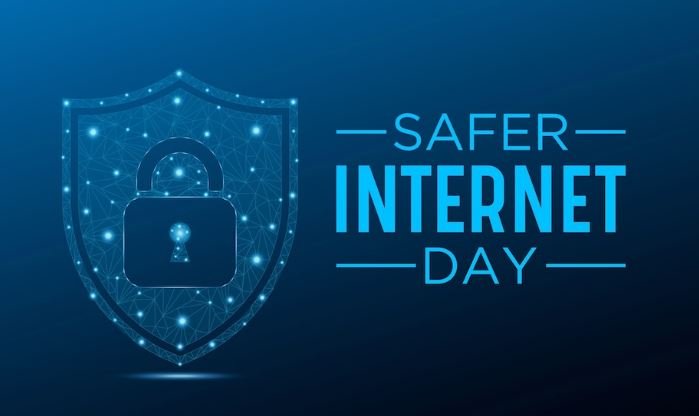On Safer Internet Day 2025, Jammu and Kashmir marked a significant milestone in its journey toward fortifying its cyber security infrastructure with a comprehensive workshop designed to promote online safety and best practices. In an era where digital threats are growing increasingly complex and pervasive, the government’s initiative to elevate awareness about cybersecurity is not just timely but imperative. The workshop served as a vital platform to educate citizens, government officials, and stakeholders on the critical importance of protecting personal and institutional data while fostering a culture of vigilance and resilience against the ever-evolving landscape of cyber threats.
The hybrid event, which seamlessly connected participants from Srinagar, Jammu, and various corners of the Union Territory, underscored a collective commitment to building a safer digital ecosystem. By bringing together a diverse array of stakeholders—ranging from government departments to senior officials from the National Informatics Centre (NIC) and digital infrastructure providers—the workshop highlighted the necessity of a unified, multi-sectoral approach to addressing emerging cyber challenges. Such collaboration is indispensable in ensuring that every segment of society, from the digitally inexperienced to the technologically adept, is adequately prepared to navigate the complexities of the online world. In a post-pandemic society where digital interactions have become integral to daily life, the urgency for proactive cyber hygiene practices has reached unprecedented levels. The workshop emphasized the importance of cultivating these practices, particularly within government offices where sensitive data is often at risk. As government functions increasingly migrate to digital platforms, the establishment of robust frameworks to safeguard information and prevent cybercrime has become non-negotiable. Key practices such as creating strong passwords, recognizing phishing attempts, and avoiding suspicious online links were highlighted not merely as technical measures but as fundamental tools for ensuring a secure digital environment for all. These habits, though simple, form the bedrock of a resilient cyber culture. Education emerged as a central theme in the discussions, with a strong emphasis on the need to integrate cyber awareness into the broader educational framework. The workshop advocated for targeted campaigns aimed at students, educators, and senior citizens, recognizing that cyber literacy must extend to all demographics. Vulnerable populations, particularly elderly citizens who are often more susceptible to online fraud and scams, require special attention. The event called for educational institutions to adopt curricula that embed digital literacy and cybersecurity into their teachings, equipping the younger generation with the knowledge and skills necessary to navigate the internet safely. Such initiatives are not just about imparting technical know-how but also about fostering a sense of responsibility and ethical conduct in the digital realm. Discussions centered on practical measures to enhance the state’s cybersecurity posture, such as deploying antivirus software, conducting regular security audits, and maintaining up-to-date firewalls. The need for improved communication and data-sharing mechanisms across departments was also emphasized, as fragmented approaches to cybersecurity often leave critical vulnerabilities unaddressed. The workshop also featured detailed presentations on common cyber threats, including phishing, ransomware, and data breaches, offering participants practical strategies to protect themselves and their organizations. The focus was not merely on identifying potential dangers but on adopting preventive measures such as two-factor authentication, safeguarding personal information, and staying informed about the latest cyber threats. This practical, action-oriented approach ensured that the workshop was not just an academic exercise but a hands-on opportunity for participants to apply cybersecurity principles in their daily lives.
Safer Internet Day helps Jammu and Kashmir build a secure and resilient digital ecosystem as it digitizes. The government’s cyber hygiene, education, and citizen participation efforts are outstanding. However, cyber security fights continue. Continuous education, transparent cyber rules, and improved technology safeguards are needed to keep Jammu & Kashmir safe in the digital era.
#CyberSecurity #SaferInternetDay #DigitalSafety #OnlineSecurity #CyberAwareness #JammuAndKashmir #CyberResilience #DigitalLiteracy #CyberHygiene #InternetSafety #CyberThreats #SecureDigitalFuture #TechForGood #CyberEducation #StaySafeOnline




